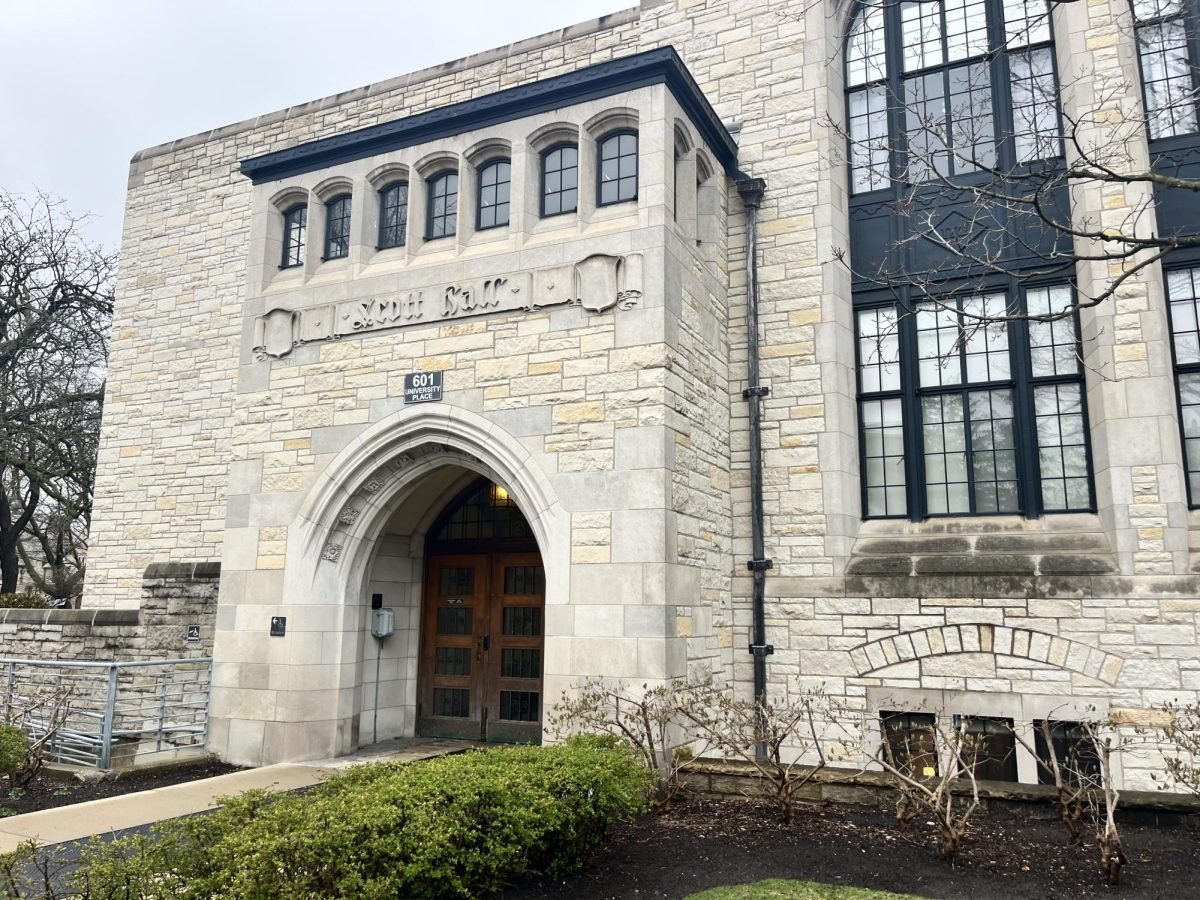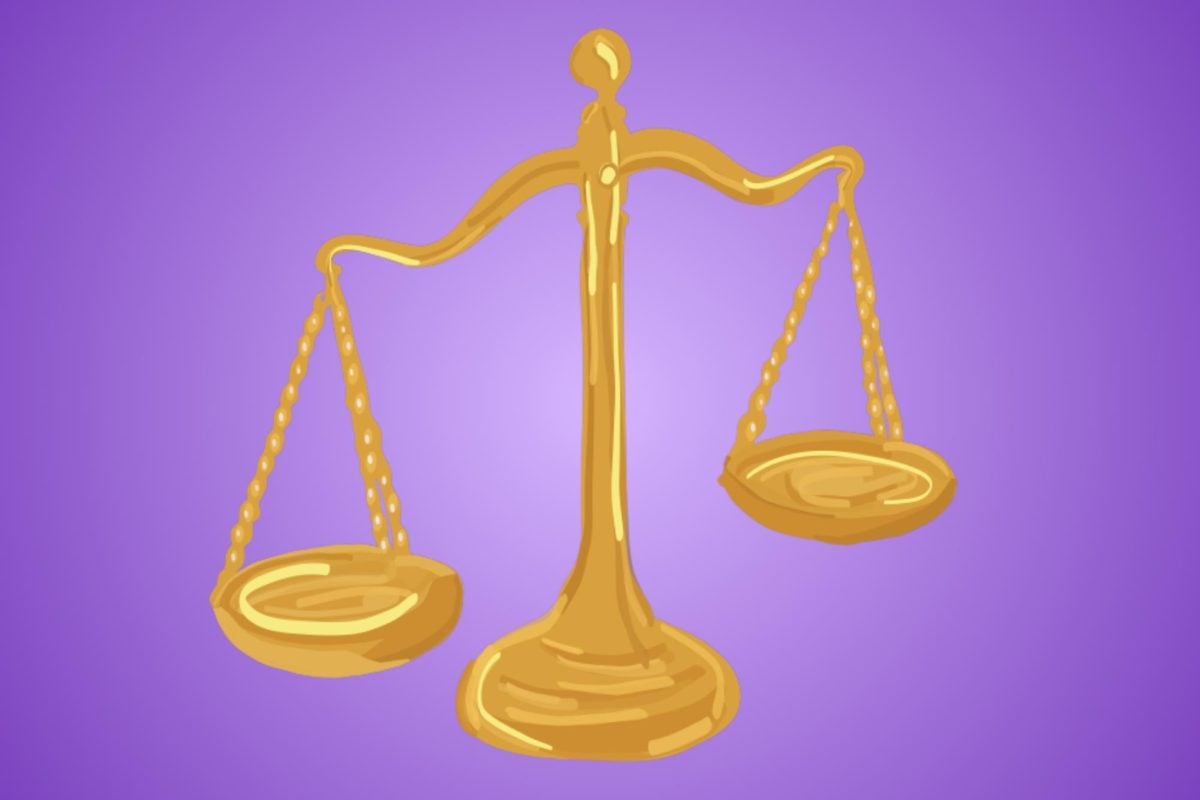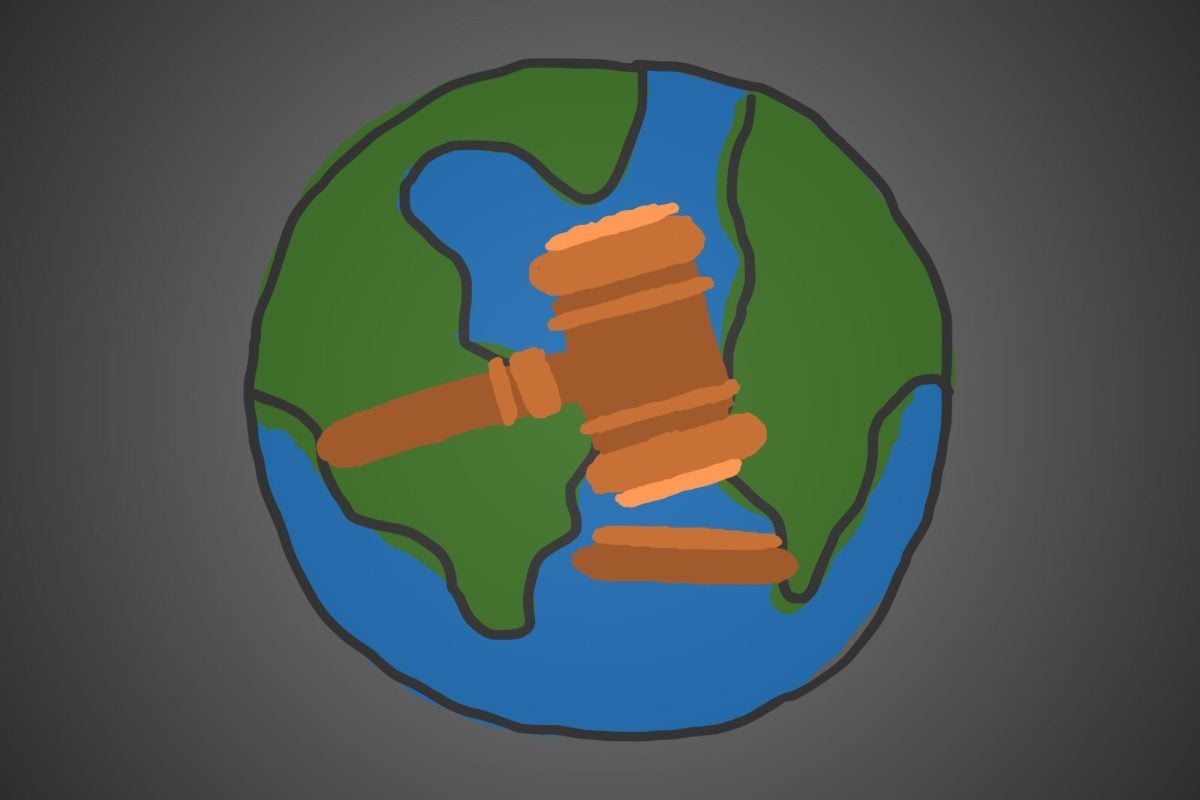While backlash in politics isn’t new, political scientist and author Eric Patashnik said the way it has come to characterize the American political landscape is.
Patashnik discussed backlash and the role it plays in policy, as well as his new book, “Countermobilization: Policy Feedback and Backlash in a Polarized Age,” at an American Politics Workshop on Tuesday. About 15 people attended the lecture in Scott Hall.
“I think the study of backlash offers new insights into how new policies create a new politics,” Patashnik said. “We’re living in an era of extremely tight partisan competition. Voter backlash against specific policy moves can even affect partisan control.”
Patashnik cited changes in American politics, including increased polarization, racial demographics and greater responsibilities for the federal government as factors that have encouraged greater backlash.
Patashnik’s claims were informed by a database of more than 2,000 New York Times articles about backlash dating back to the 1960s, as well as case studies of especially controversial issues, including immigration, trade, healthcare and gun control.
The trend toward greater backlash can have devastating consequences on American politics, Patashnik said. These consequences include blocking policies, disrupting policy expansion, harming problem solving and discouraging politicians from introducing policies that may be controversial.
“Backlashes can have very long term consequences, and sometimes those consequences can outlast the shocks that caused the backlash during the first place,” Patashnik said.
Patashnik’s lecture was one of several in the Department of Political Science’s American Politics Workshop.
Caroline Pippert, a fourth-year Ph.D. candidate in political science and the workshop’s coordinator, said these lectures are crucial for uniting attendees around a common point of discussion, generating new ideas and fostering inter-University connections.
“It’s a great chance to learn about something entirely new,” Pippert said. “The topic can be something you’re interested in or it could also be something you’ve never really considered before,” Pippert said.
Third-year Ph.D. student in political science Jack McGovern attended the event to learn about approaches to political issues from faculty from another university.
“This talk was one of my favorites (in the series) because it speaks to big changes in American politics, like the ways that backlash has changed, what policies are passed and how our politics work,” McGovern said.
In his new work, Patashnik also offered ideas to identify and navigate backlash risks, a skill that he said is critical to anyone involved in American politics of today.
These strategies include finding common ground and reducing extreme policy expectations.
“A focus on backlash offers some practical lessons on how to design reforms that can stand the test of time,” Patashnik said. “You need to think about backlash if you are an advocate, organizer or policymaker, if you want your policies to endure.”
Email: leahschroeder2026@u.northwestern.edu
X: @lmschroeder_
Related Stories:
— Fox News’ Bret Baier promotes new book, discusses Saudi-Israeli relations at NU
— Writer Sandra Cisneros discusses new book for Chicago Humanities Festival
— Faculty learn strategies for discussing grief, identity at One Book One Northwestern workshop


















